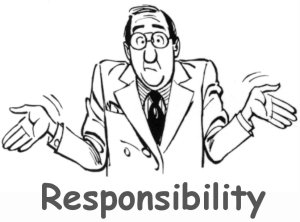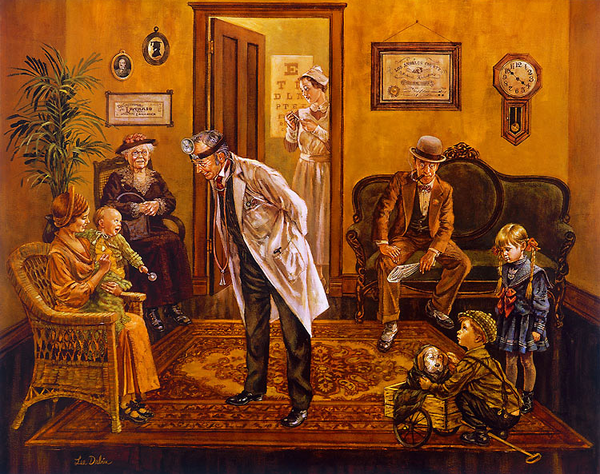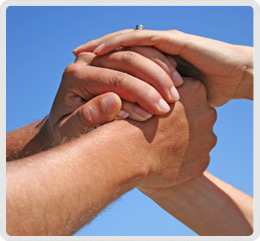I agree we shouldn’t count on government institutions to take care of us, that we need to take personal responsibility for our lives. But sometimes people use that as an excuse not to right wrongs. Take the case of the Methuen, Mass., student with a nut allergy.
Mood music:
[spotify:track:0AHrBqr8zzwJgvyMlZC3fw]
My local paper and former employer, The Eagle-Tribune, ran a story about the student in yesterday’s paper, and some of the comments were typical:
So when some kid becomes allergic to oxygen, should we all have to sacrifice? Where does it end? The new democracy. All sacrifice for the few. If I am walking down the street with a bag of peanuts should I now be afraid of being sued for injuring someones kid?
Ah, yes. The classic “where does it end” argument. The fear that if we put rules and restrictions in place to protect a few people, government will automatically take it 17 steps further and police everything from what kind of car we can buy to how far apart our legs should be when taking a piss. It’s another hollow argument.
Meanwhile, some of my readers disagreed with my conclusions. These capture the general sentiment:
Teachers are in the schools to educate, not babysit. When my daughter had to wear a heart monitor 24/7, I didn’t expect the school to cancel gym class! Maybe his parents should spend less time venting and more time educating their child. This way it’s not the responsibility of the rest of the world to create a bubble around him. It’s time for personal accountability!
Are you suggesting teachers need to be held accountable for what children eat? Was there a death in Methuen schools I missed, or an ambulance sent to a school?
That argument is off-base because:
- These parents are as hands-on as it gets. They have tried relentlessly to work with the school. They have educated their child on how to take care of himself. And they have never, ever suggested the school has a responsibility to do all the work here.
- The notion that my conclusions are “a bit harsh” because the boy didn’t die or get taken out in an ambulance is ridiculous. That’s like saying a teacher shouldn’t be fired because they only roughed up a student a little bit and not enough for an ambulance to be called in.
And the fact is that even severe allergic reactions can take 12 hours to show. The boy was taken to the hospital several times for exposure that happened at school. - The boy is on an IEP (special needs) and a 504 med plan. Teachers and staff are expected to follow those things as part of their jobs. Violations are not OK. Not now, not ever.
Most infuriating is the argument that the parents should home-school their child if they don’t like it. I’m sure plenty of parents would home-school their children if they could afford to quit their jobs and purchase all the supplies. True, you can’t always have a special needs child in the mainstream classroom environment, but this is not one of those cases.
Finally, suggesting it’s not the teacher’s job to protect the children in their classrooms is stupid. Their job is about much more than teaching from a book. It’s also to protect students for the six hours a day that they’re in charge. Parents trust teachers to protect their kids.
Think about that next time you’re compelled to whine about personal responsibility.










.jpg)